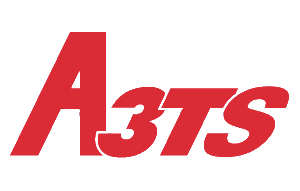FS02 - Fundamentals of wet deposition (steel, aluminum,...)
Inter-company and intra-company courses
92% satisfaction
Educational objectives
Position what distinguishes wet processing from other major processing families.
To know the main methods of elaboration of surface treatments by wet process (conversion on steel and on Aluminium alloys, chemical deposits, electrolytic deposits)
Discover the main industrial wet processes and their applications
PROGRAM
1. Wet deposition in the large family of surface treatments
Specification of a wet deposition
Differences between wet deposition and other families of surface treatments
2. Conversions on steel
The principle of phosphating on steel
Manganese, Zinc, amorphous phosphations
3. Non-electrolytic conversions on Aluminium alloys
The principle of conversion on Aluminium alloy
CrVI conversions (Alodine 1200)
The new CrIII / Zr conversions
4. Electrolytic conversions on Aluminium alloys
The principle of anodizing on aluminum alloys
The different anodizations (sulfuric, chromic, hard)
The new anodizations (sulfotartaric, sulfoboric, fine OAS)
5. Chemical deposits
The principle of a chemical deposit (example with electroless nickel)
Chemical Nickel
PTFE-doped electroless nickel
ADDITIONAL INFORMATION
To deepen your knowledge, we suggest you create a training course using other modules from the catalog.
CONTACT US
formation@a3ts.org
+33 (0)1 45 26 22 35
Accessible to people with reduced mobility: yes. Accessible to people with other disabilities: please contact our disability advisor on +33 (0)1 45 26 22 35 to discuss the situation together.
- DATES INTER - 09/04/2025
- 30/10/2025
Open to groups of 4 or more.
- DURATION
1day (7h)
- PUBLIC CONCERNED
All levels.
- PREREQUISITES
None
- METHODS MOBILIZED
Courses and exercises on paper or digital support. Multiroom videoconference platform with chat.
- PLACE
Face-to-face INTER: A3TS Paris
Face-to-face INTRA: by quotation
Distance learning: Videoconferencing
- RATES
- Inter: 650€ HT/pers.
- Intra: on request
- TRAINER
Surface treatment engineer.
- EVALUATION METHODS
Satisfaction survey at the end of the session.
Evaluation of learning at the beginning and end of the training.




